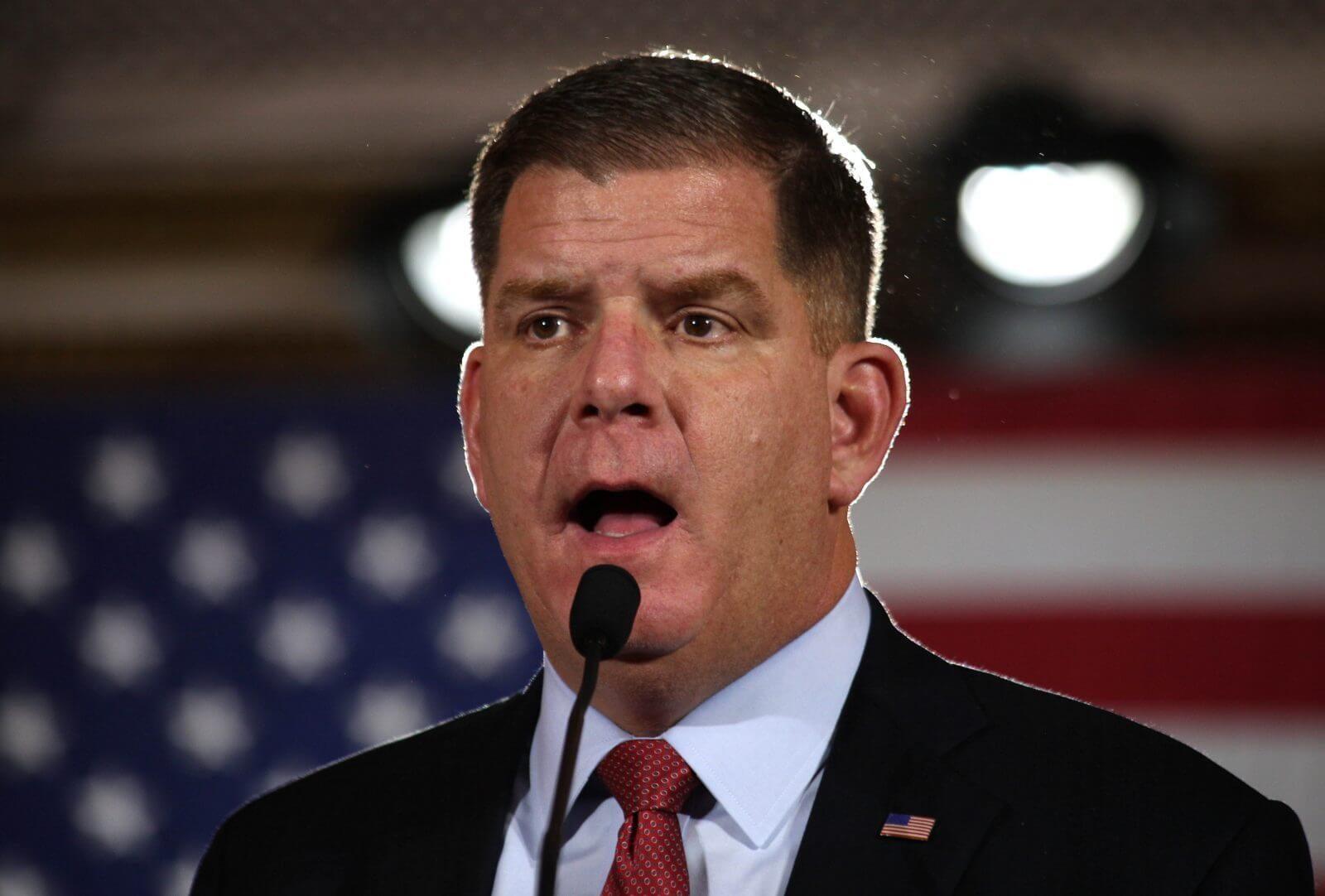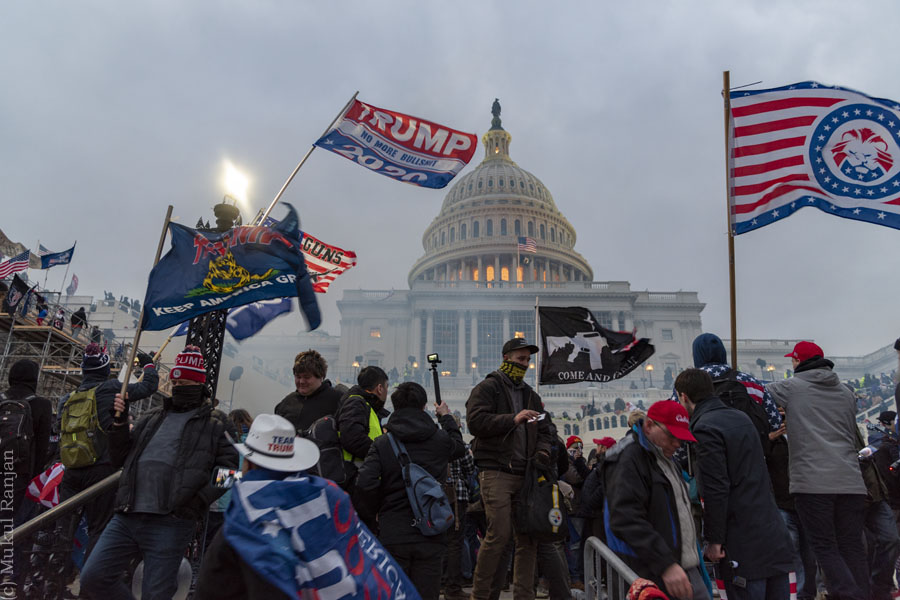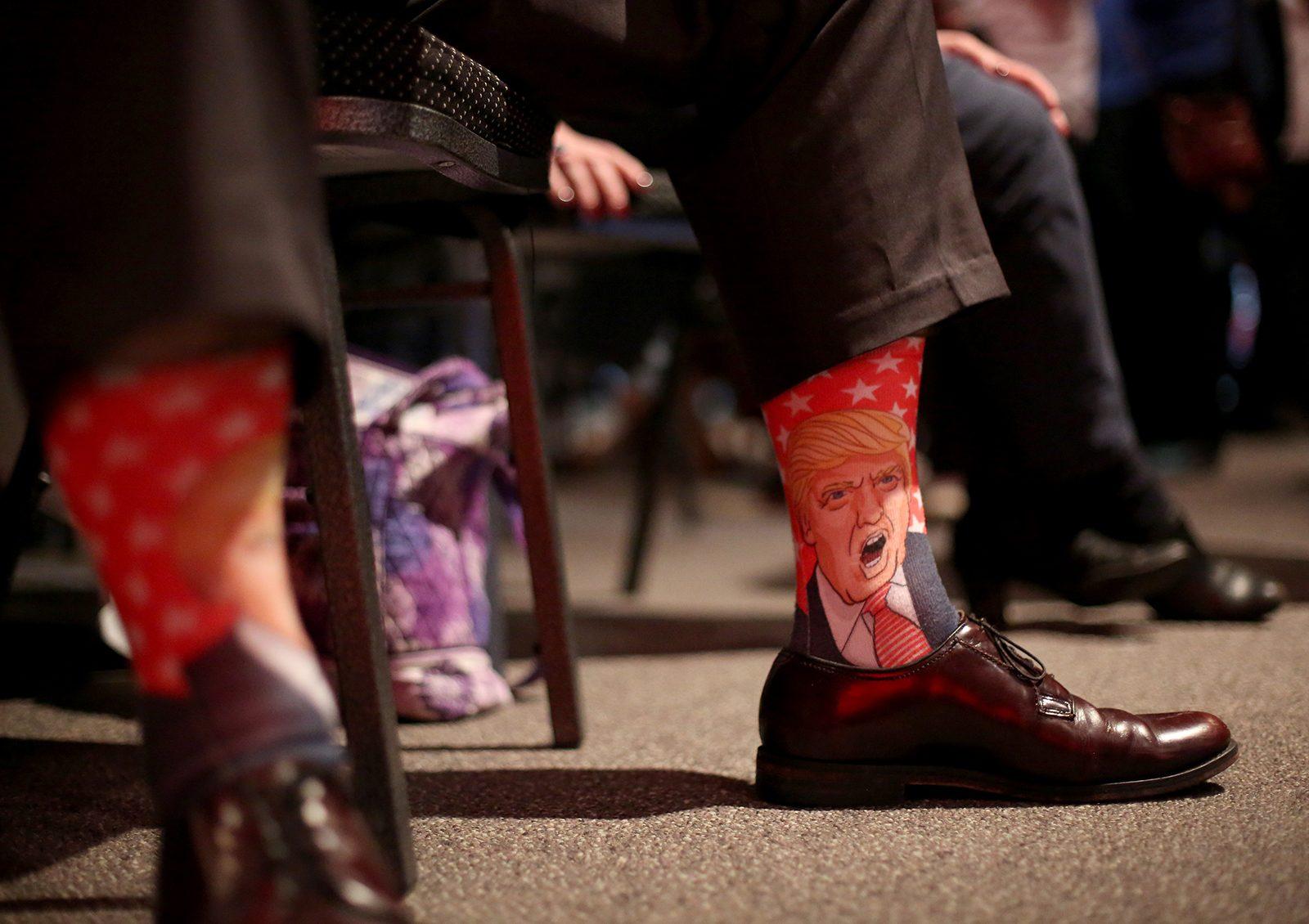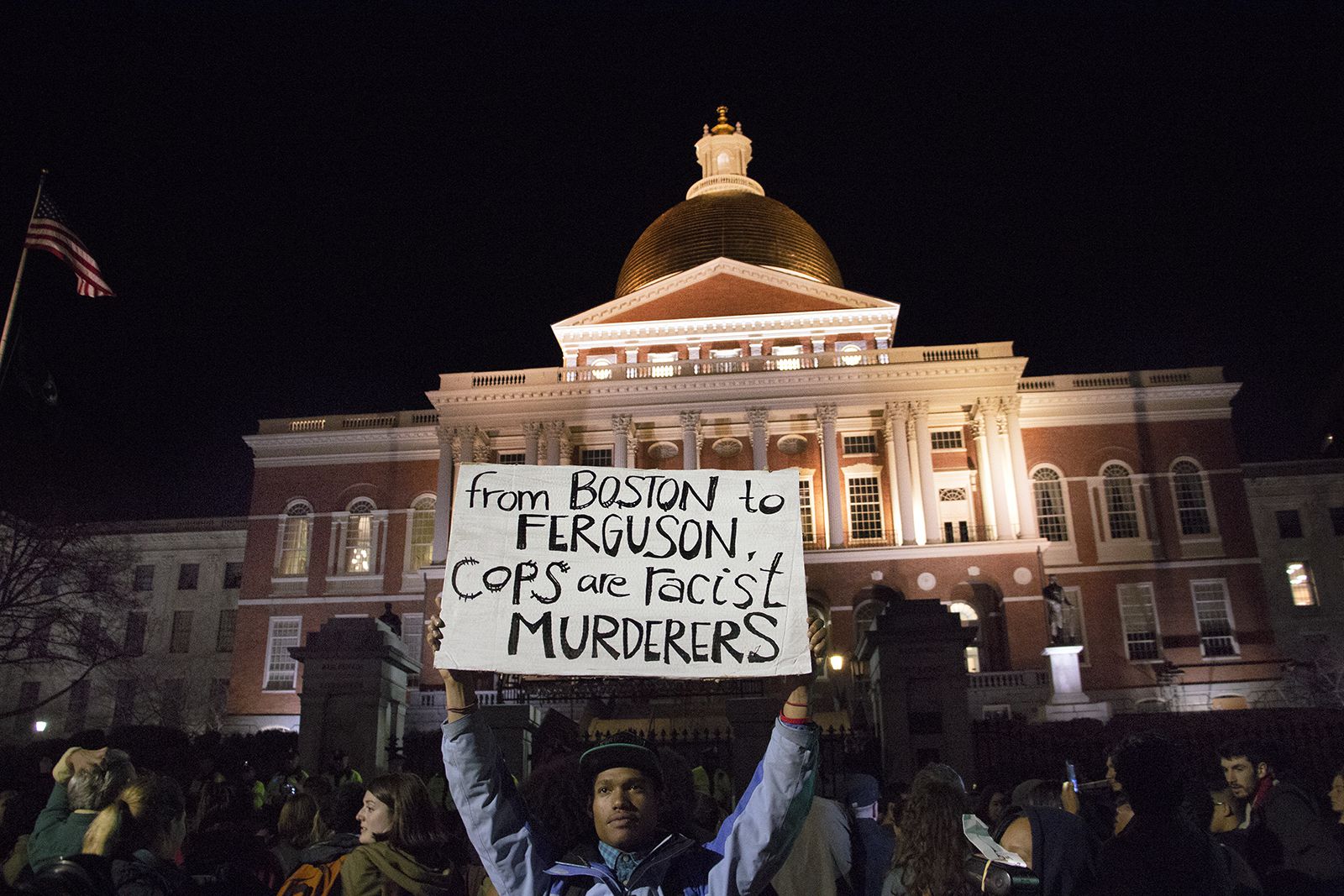Some black students at Boston University said they have felt uneasy around authority figures since the shooting of 17-year-old Trayvon Martin.
George Zimmerman, who was charged with murder in the second degree Wednesday night, shot Martin, a black teenager who was wearing baggy pants and a hoodie and looked “suspicious” to Zimmerman, according to news sources.
Since the shooting, a number of BU students said they are careful to ward against racial profiling.
“When I am in a restaurant and the police come in, it does cause me to get a little nervous, which is silly,” said College of Fine Arts graduate student Kendall Ramseur. “This Trayvon Martin case has caused me some anxiety when it comes to officials.”
Martin was fatally shot outside of a gated community in Sanford, Fla., by a member of the community watch in late February. The gunman, Zimmerman, said he killed Martin in self-defense, even though Martin was unarmed. Zimmerman was not arrested at the time of the shooting.
Ramseur said he tries, as a black man, to represent himself and his race well.
“The media places so much of a negative emphasis on African American males, and I try my best to reverse that,” he said.
Ruha Benjamin, an assistant professor of sociology and African American studies at BU, said as a black mother of two young sons she felt compelled to speak with them about how they should act in public.
Although she has addressed racial prejudice in general, she has not told them that they could be the targets.
“The way that people may view [her sons] in this negative light is in no way related to [their] inherent nobility or goodness and that it is really these people’s problem,” she said.
A number of black students at BU said they are cautious about how they carry themselves.
“[My parents] basically told me growing up to make sure that your pants are up, that you speak proper English and just don’t embarrass yourself in public,” said Sean Barley, a School of Theology graduate student.
Marcus McCullough, a STH graduate student, said when he was growing up, his church had special meetings about how to act if you encounter a police officer because they knew the African American men of their church would have to deal with racial profiling.
“I know that blacks and Latinos probably do have to have that conversation,” McCullough said. “I don’t think that Caucasians have to have that conversation, but I think the urgency of having to have that conversation is in black and brown communities.”
Benjamin said it is time that parents of other races have this talk too. Racial profiling is not solely the issue of African Americans.
“We are spending a lot of time on what black parents have to teach their kids in order to survive,” she said, “but the reason that the sickness gets reproduced is that white parents, and parents of other races are not having conversations with their kids to dismantle these ideas.”
Historically, the combination of a gender and racial stereotype places black men as a threat to mainstream white society, Benjamin said.
She said black masculinity is celebrated in sports, music and a very small amount in politics, but when it is taken out of those specific circles it is seen as a threat.
“What has changed from the time of lynching, when all a black man had to do was look at a white woman funny and would be strung up from a tree,” she said, “is that we have created a certain, very circumscribed forum in our society to allow black masculinity to thrive.”





















































































































